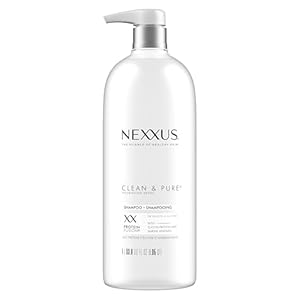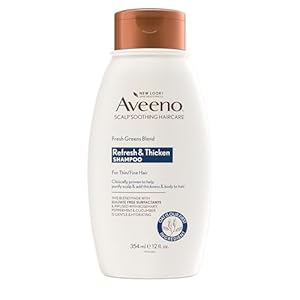
Stress isn’t just a mental burden; it can manifest physically in surprising ways, affecting even your hair health. Have you ever noticed changes in your hair quality during stressful periods? The impact might be more profound than you think. But fear not, there are effective ways to combat stress-induced damage and restore your hair’s vitality. Understanding this connection and implementing practical strategies could be the key to maintaining healthy locks even in the face of life’s stressors. So, how exactly does stress influence your hair, and what can you do about it?
Understanding the Link Between Stress and Hair
If you’re wondering how stress affects your hair, the connection between the two may surprise you. Stress can impact your hair health in various ways, leading to issues like hair loss, dullness, and even premature graying. When you’re under stress, your body releases hormones like cortisol, which can disrupt the normal hair growth cycle. This disruption can cause more hair follicles to enter the resting phase, leading to increased shedding and thinning of the hair.
Moreover, stress can also affect the scalp, potentially causing conditions like dandruff or exacerbating existing scalp issues. The blood flow to the hair follicles may be reduced, impacting their ability to receive essential nutrients for healthy growth. Additionally, stress-induced behaviors like pulling or twisting your hair can further contribute to damage.
Understanding the link between stress and hair is crucial in addressing and preventing potential hair issues. By managing stress through techniques like exercise, meditation, and self-care, you can help maintain not just your mental well-being, but also the health of your hair.
Signs of Stress-Related Hair Damage
Stress-related hair damage can manifest through visible signs such as increased shedding, dullness, and changes in hair texture. When stress levels are elevated, you may notice more hair fall than usual during showering or brushing. This increased shedding is often a result of the hair follicles entering a resting phase prematurely due to stress. Additionally, stress can lead to a lackluster appearance in your hair, causing it to look flat and lifeless. The shine and vibrancy you once enjoyed may diminish as stress takes its toll on your hair health.
Moreover, changes in hair texture can signal stress-induced damage. Your hair may become dry, brittle, or frizzy, making it harder to manage and style. The overall quality of your hair may deteriorate, feeling rough to the touch instead of smooth and silky. These visible changes serve as indicators that your hair is being impacted by stress, prompting the need for proactive measures to address and combat these issues.
Effective Strategies to Combat Stress-Induced Hair Issues
To effectively combat hair issues induced by stress, prioritize implementing a consistent self-care routine. Start by setting aside time for activities that help you relax and unwind, such as meditation, yoga, or reading. Engaging in regular exercise not only benefits your overall well-being but also promotes healthy hair growth by improving blood circulation to the scalp.
Adequate sleep is crucial, as it allows your body to repair and regenerate cells, including those responsible for hair growth.
Incorporating stress-relieving practices like deep breathing exercises or mindfulness techniques into your daily routine can help reduce cortisol levels, which in turn may lessen the impact of stress on your hair. Additionally, consider seeking support from friends, family, or a mental health professional to manage stress more effectively.
Avoid excessive heat styling and harsh chemical treatments on your hair, as these can further damage stressed strands. Opt for gentle hair care products and treatments that nourish and strengthen your hair from root to tip.
Nourishing Your Hair During Stressful Times
During challenging times, prioritize nourishing your hair with gentle care products and treatments to combat the effects of stress effectively.
Opt for shampoos and conditioners rich in vitamins and nutrients like biotin, keratin, and vitamins A, C, and E to promote hair health and vitality.
Consider incorporating hair masks or deep conditioning treatments into your routine to provide extra hydration and nourishment to your strands.
Look for products specifically designed to strengthen and repair damaged hair, as stress can weaken hair follicles and lead to breakage.
In addition to using nourishing products, remember to be gentle with your hair to prevent further damage.
Avoid excessive brushing, tight hairstyles, and heat styling tools that can stress your hair even more.
Instead, opt for wide-tooth combs, loose hairstyles, and air-drying whenever possible to minimize tension on your strands.
Trending Products














